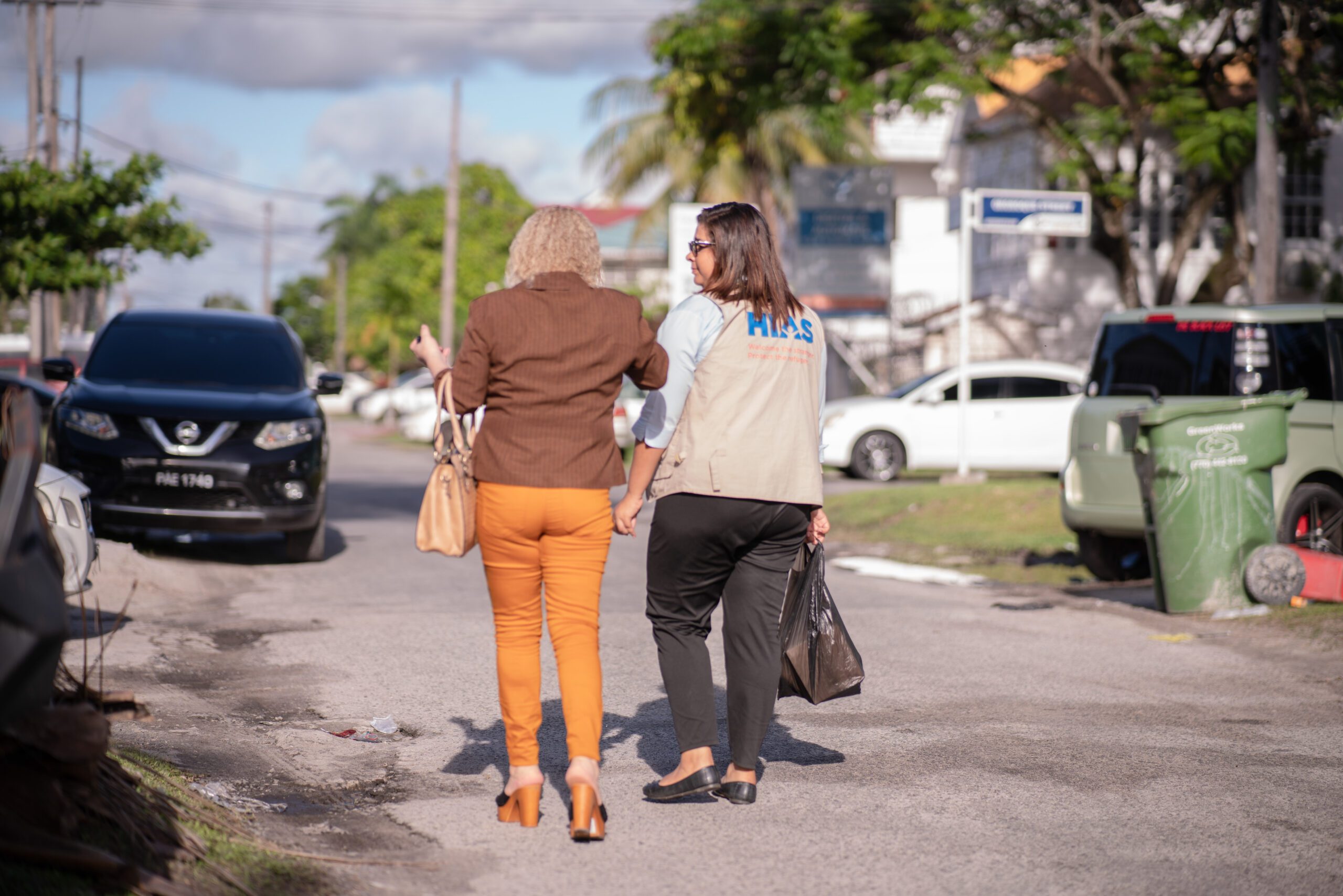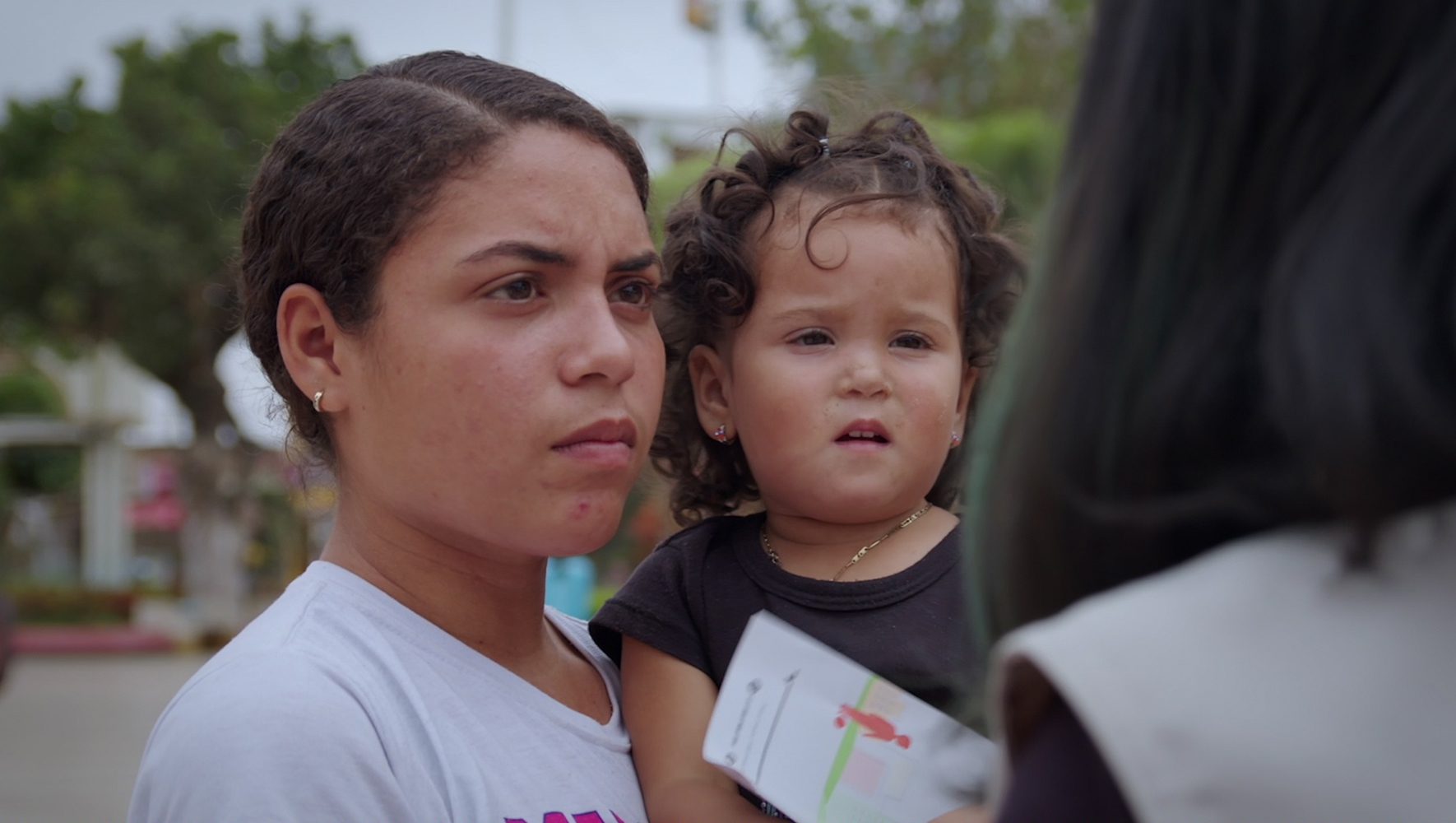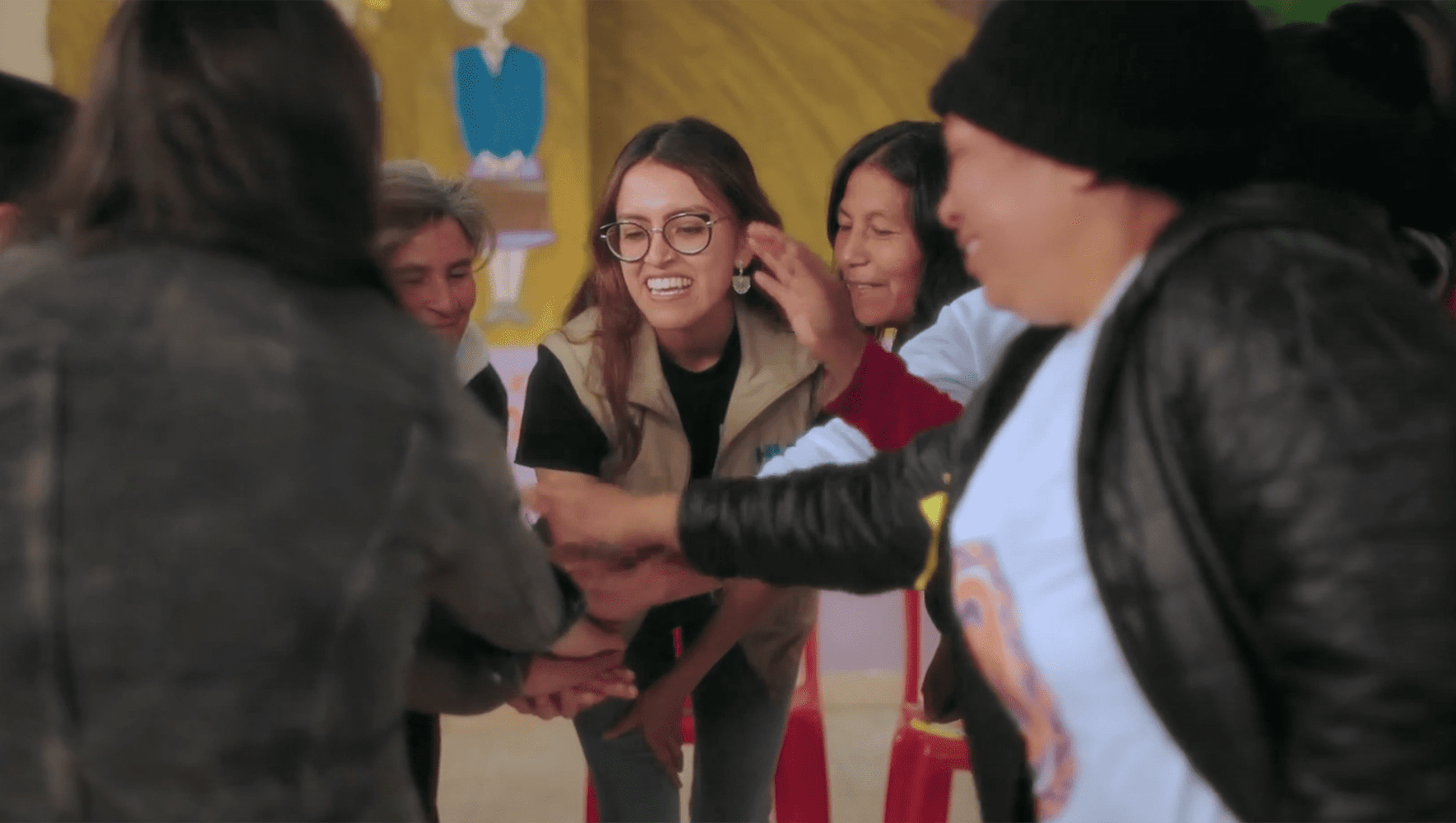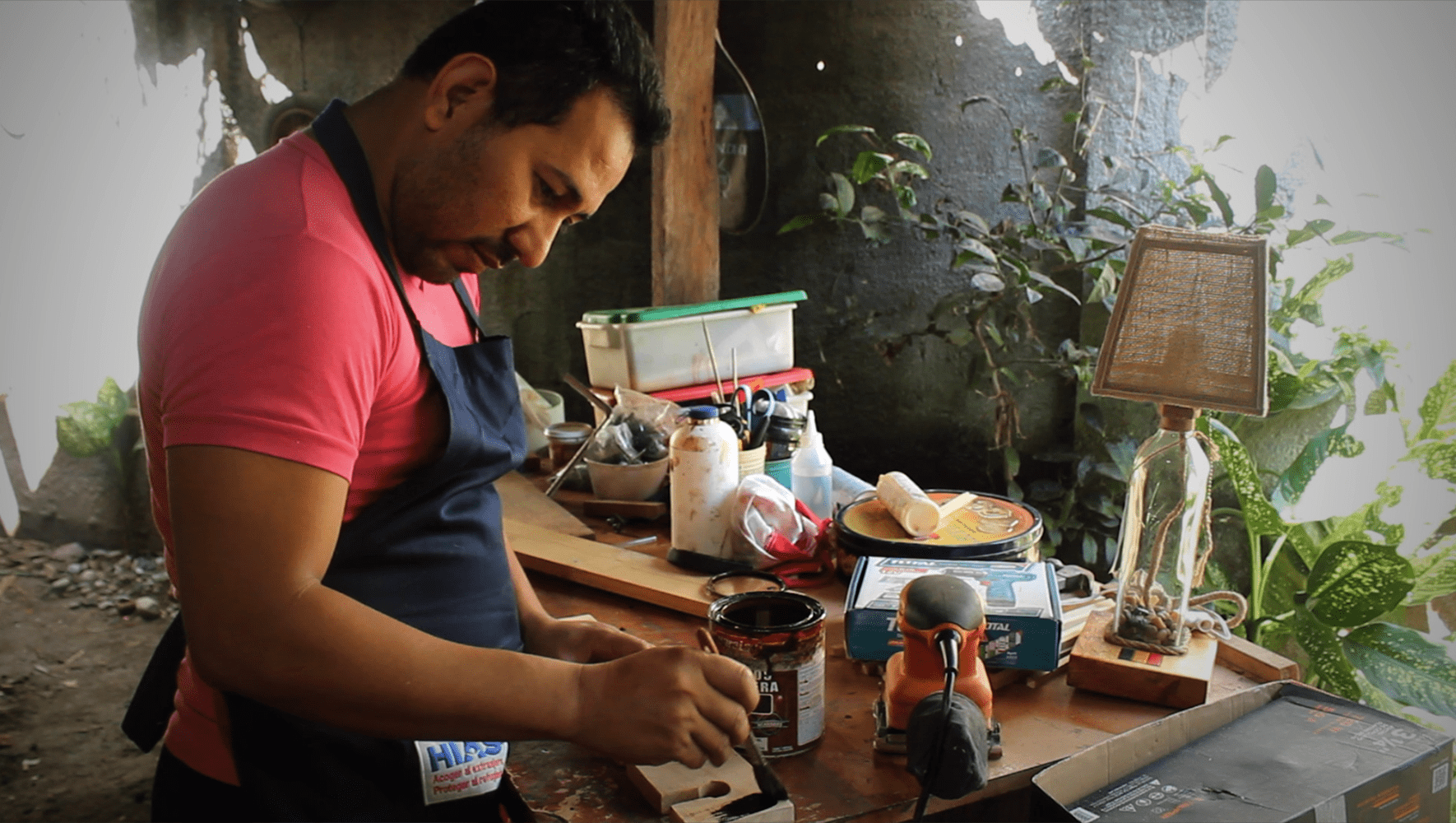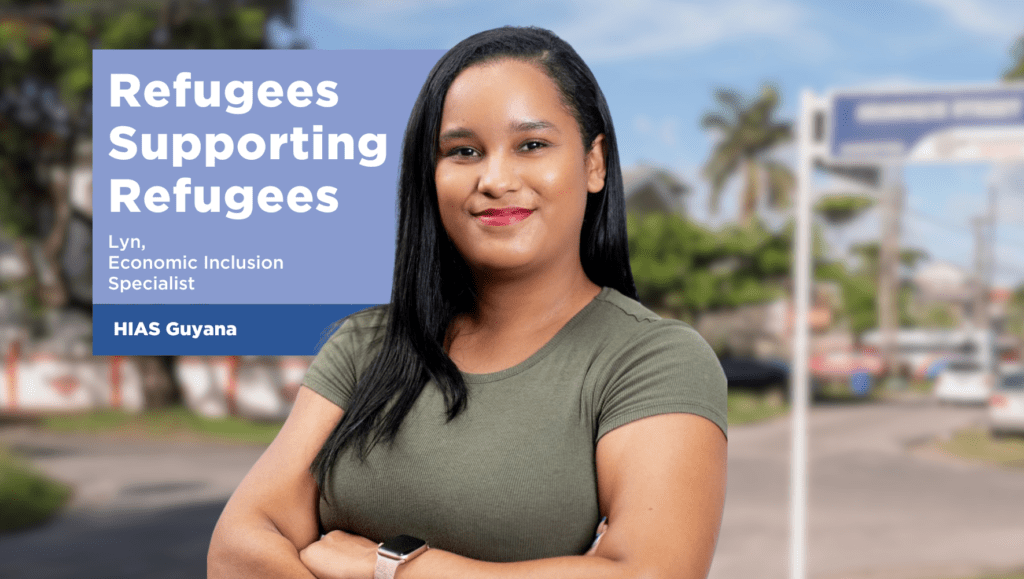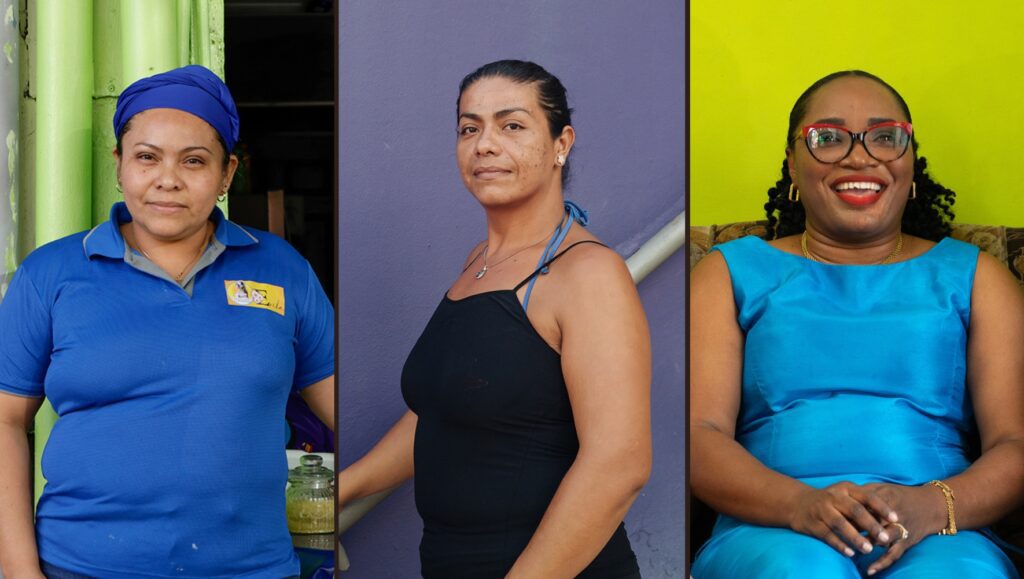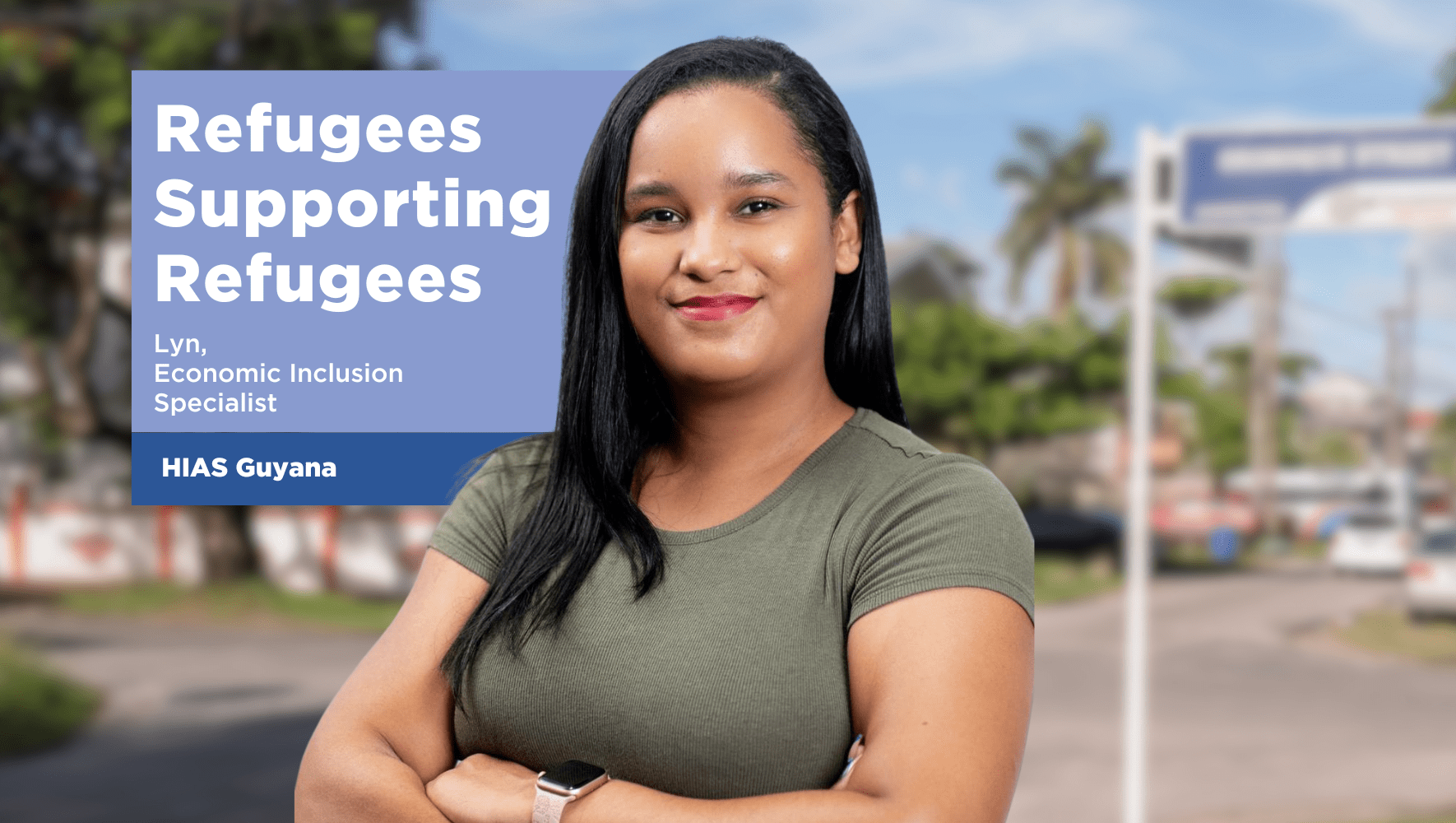2020-2025
Though Guyana hosts a relatively small migrant population, there are significant challenges for refugees and internally displaced people.
HIAS Guyana supported not only Venezuelan migrants but also Guyanese returnees from Venezuela and the Warao indigenous communities seeking protection. The team focused on uplifting individuals often most at-risk including women-headed households, survivors of sexual and domestic violence, and people with disabilities.
Through their work, the HIAS Guyana team created a powerful network of support and empowerment. Their programs helped individuals recover, rebuild, and advocate for themselves and others.
